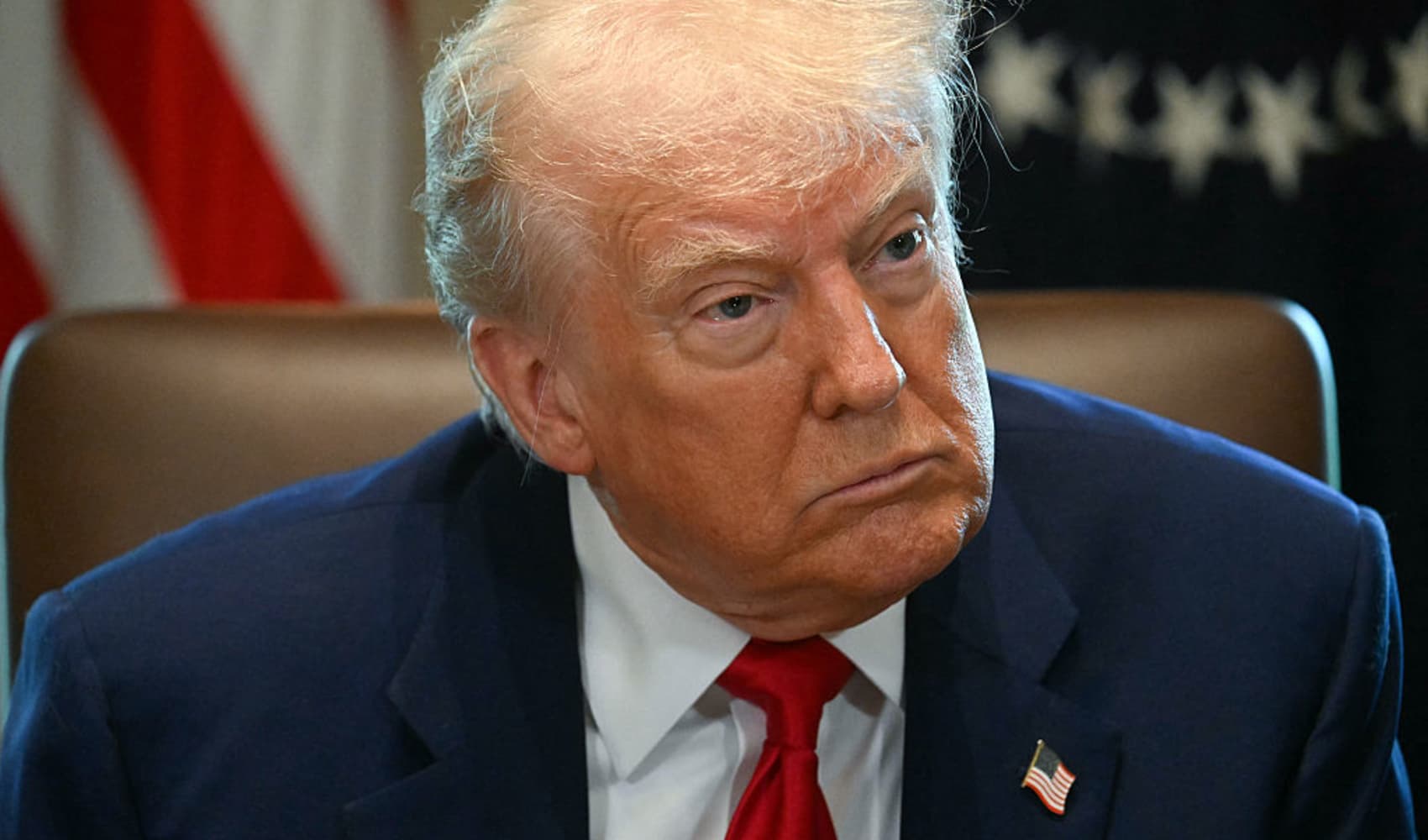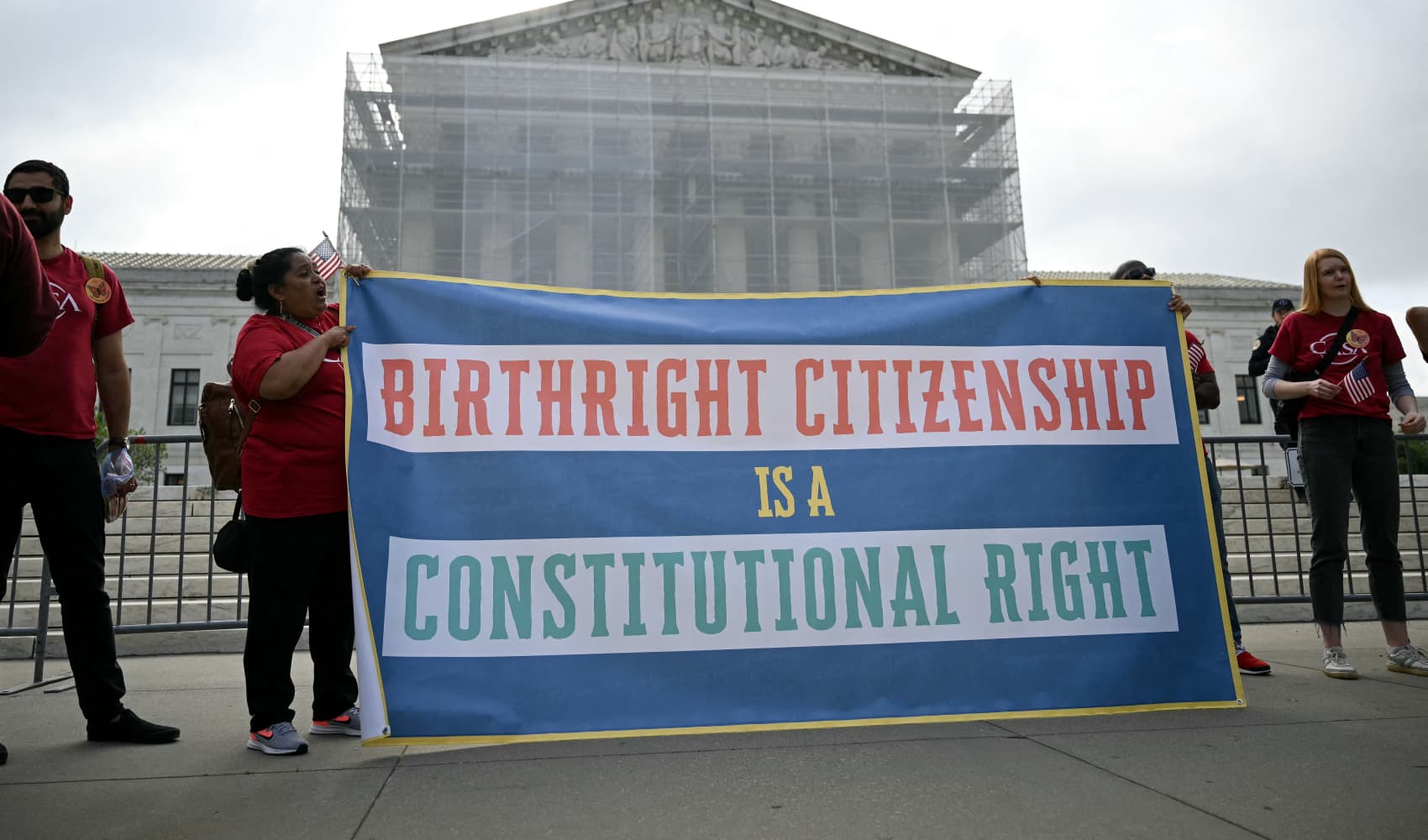Judge Blocks Venezuelan Deportations: Victory in South Texas!
Victory in Texas: Judge Halts Venezuelan Deportations Under Antiquated Wartime Law
Introduction: A David vs. Goliath Moment in South Texas
In a stunning legal upset, a federal judge in South Texas has effectively slammed the brakes on the Trump administration's attempts to deport Venezuelan nationals using a dusty, cobweb-laden law from the 18th century. Can you believe it? It sounds like something out of a history book, but it's very real. This isn't just some minor procedural hiccup; it's a significant challenge to the executive branch's power, especially when it comes to immigration.
Judge Rodriguez's Landmark Ruling
U.S. District Court Judge Fernando Rodriguez Jr. has become a pivotal figure in this saga. He's the first judge to explicitly rule that the Alien Enemies Act (AEA) can't be wielded against Venezuelans, even those the government alleges are associated with gangs like Tren de Aragua.
The Heart of the Matter: The Alien Enemies Act
So, what exactly *is* the Alien Enemies Act? It's an old law, dating back to 1798, that gives the President the power to detain and deport citizens of nations at war with the U.S. The Trump administration attempted to dust off this law and use it as a weapon against Venezuelan immigrants. But Judge Rodriguez wasn't buying it. He argued that the President's use of the AEA exceeded the statute's scope.
The President's Proclamation: Invoking Emergency Powers
Remember that proclamation in March? The one where President Trump declared that the Venezuelan gang Tren de Aragua was essentially invading the U.S.? This proclamation was the linchpin of the government's argument to use the AEA. The administration believed it gave them the authority to deport immigrants. But did it really?
"Invading" Gangs: Are They a Real Threat?
Let's be honest, the term "invading" is loaded. It conjures up images of armies crossing borders, not gang members. Is this really the best way to describe the situation? This is where the debate gets heated. Are we truly facing an invasion, or is this political rhetoric designed to justify harsh immigration policies?
The Judge's Reasoning: Plain Language Matters
Judge Rodriguez's ruling wasn't based on emotion or political leanings. It was rooted in the *plain, ordinary meaning* of the Alien Enemies Act. He acknowledged that the government has the right to detain and remove aliens who commit crimes in the U.S., but he drew a clear line in the sand. The President can't just declare anyone an "enemy" to circumvent established legal processes.
South Texas: A Battleground for Immigration Policy
Why South Texas? This region has become a focal point for immigration debates. It's a border area, it's politically diverse, and it's often caught in the crosshairs of national policy. So, it makes sense that this legal challenge originated here.
The Impact on Venezuelans: A Breath of Relief
For Venezuelans in South Texas facing deportation, this ruling is a lifeline. It offers them a temporary reprieve, a chance to fight their cases, and the hope of staying in the U.S. It's a testament to the power of the judicial system to protect individual rights, even against the weight of the executive branch.
What's Next? The Government's Options
This isn't necessarily the end of the story. The government could appeal Judge Rodriguez's ruling. They could try to find other legal avenues to deport these individuals. Or, they could accept the ruling and adjust their approach. Only time will tell.
Appealing the Decision: A Legal Showdown
If the government appeals, we could be looking at a protracted legal battle. The case could climb its way through the court system, potentially reaching the Supreme Court. This would set a precedent that could impact immigration policy for years to come.
Alternative Legal Strategies: Finding a Workaround
The government could also try to argue that these individuals are deportable under other laws, not the Alien Enemies Act. This could involve proving that they've committed specific crimes or violated immigration laws in other ways.
The Bigger Picture: Executive Power vs. Judicial Oversight
This case raises fundamental questions about the balance of power between the executive and judicial branches. How much authority does the President have when it comes to immigration? Can the President unilaterally declare an "invasion" to justify extraordinary measures? These are questions that go far beyond the specific case of Venezuelan deportations.
Political Reactions: A Divided Landscape
Predictably, reactions to Judge Rodriguez's ruling have been split along party lines. Democrats have largely praised the decision as a victory for due process and human rights, while Republicans have criticized it as an obstruction of the government's efforts to protect national security.
The Human Cost: Stories Behind the Headlines
Let's not forget that behind all the legal jargon and political maneuvering, there are real people whose lives are being affected. These are individuals and families who have come to the U.S. seeking safety, opportunity, and a better future. They have hopes and dreams just like anyone else.
The Future of Immigration Policy: A Crossroads
This case comes at a time when immigration policy is already a highly contentious issue. The debate over border security, deportation, and the rights of immigrants is raging across the country. This ruling could be a turning point, signaling a shift towards a more cautious approach to immigration enforcement.
Conclusion: A Win for Checks and Balances
In conclusion, Judge Rodriguez's ruling is more than just a legal victory for Venezuelans in South Texas. It's a reaffirmation of the importance of checks and balances in our government. It demonstrates that even the President isn't above the law, and that the judicial system can serve as a crucial safeguard against executive overreach. The future of this case remains uncertain, but for now, it's a moment of hope for those seeking protection and a reminder that due process matters.
Frequently Asked Questions
- What is the Alien Enemies Act? The Alien Enemies Act is a U.S. federal law passed in 1798 that allows the President to detain and deport citizens of nations at war with the United States.
- Why was the Trump administration using the Alien Enemies Act against Venezuelans? The administration argued that the Venezuelan gang Tren de Aragua constituted an "invasion" of the U.S., thereby triggering the AEA.
- What did Judge Rodriguez rule? Judge Rodriguez ruled that the President's invocation of the AEA against Venezuelans exceeded the scope of the statute and was contrary to its plain meaning.
- Can the government appeal this ruling? Yes, the government has the option to appeal Judge Rodriguez's decision to a higher court.
- What does this ruling mean for Venezuelans facing deportation from South Texas? This ruling offers them a temporary stay of deportation and the opportunity to fight their cases in court.

